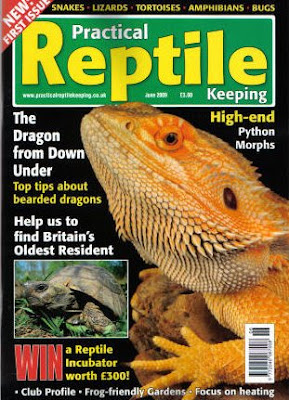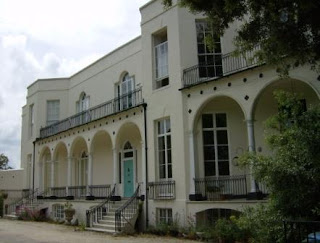
We all know that English is constantly changing. Chaucer (14
th century) is all but indecipherable without specialist knowledge; many of Shakespeare’s words and phrases (16
th century) need explanation to 21st century readers. But reading some of my favourite Sherlock Holmes yarns the other evening I was surprised by the number of words that have dropped out of common usage since Arthur Conan Doyle penned them little more than a century ago.
For example, in a single page of the first Holmes and Watson tale,
A Study in Scarlet, a house is described as
minatory (menacing, the OED revealed), and its windows are
bleared (dull, filmy).
Apartment is used as a simple synonym for room and
simious, rather than simian, is used in the phrase “
simious and ape-like”. And while that seems to be a tautology, it would need a braver man than I to criticise the great man.
But while usage may change, wonderful writing remains wonderful writing. I can’t resist sharing this evocative passage:
The latter [house] looked out with three tiers of vacant, melancholy windows which were black and dreary, save that here and there a ‘To Let’ card had developed like a cataract upon the bleared panes.
To paraphrase what
Satchamo famously said about music, there are only two types of writing – good and bad.
























